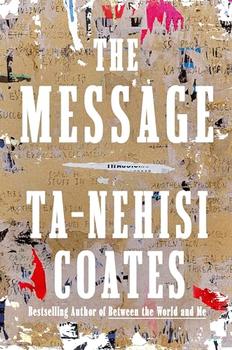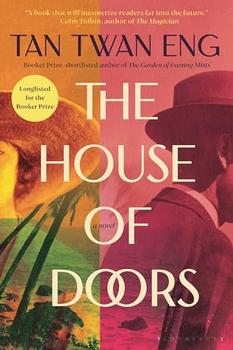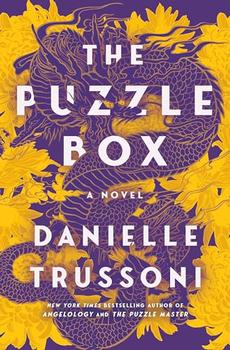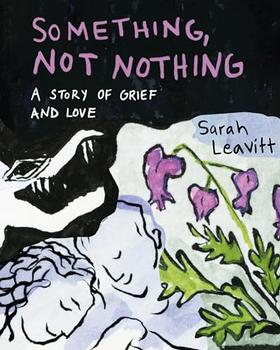
A History of Communism
by David Priestland
Communism was one of the most powerful political and intellectual movements the world has ever seen. At the height of their influence, Communists controlled more than a third of the earth’s surface. But perhaps more astonishing than its rapid rise and extraordinary reach was Communism's sudden, devastating collapse in November of 1989. In The Red Flag, Oxford professor David Priestland tells the epic story of a movement that has taken root in dozens of countries across two hundred years, from its birth after the French Revolution to its ideological maturity in nineteenth-century Germany to its rise to dominance (and subsequent fall) in the twentieth century. Beginning with the first modern Communists in the age of Robespierre, Priestland examines the motives of thinkers and leaders including Marx, Engels, Lenin, Stalin, Castro, Che Guevara, Mao, Ho Chi Minh, Gorbachev, and many others. He also explores the experience of what it meant to live under Communism for its millions of subjects. At a time when global capitalism is in crisis and powerful new political forces have arisen to confront Western democracy, The Red Flag is essential reading if we are to apply the lessons of the past to navigating the future.
"Detailed and scholarly but written in lively prose, this is a rich, satisfying account of the most successful utopian political movement in history." - Publishers Weekly
"The narrative, such as it is, is enlivened by regular summaries of novels and films which somehow should give us an insight into what motivated people to be communists (much as one might use John Wayne's movies to illustrate American values), but it doesn't really work." - The Guardian (UK)
"Although not himself a compelling writer, he is always a lucid one and even the less than dedicated political reader is bound to benefit from the sweep and scope of his knowledge.... Priestland’s judgments run the risk also of sounding a little trite. ... This book ranks as a worthy endeavour but – relying, as it does, predominantly on secondary sources – the question has to remain open as to whether it was worth all the research its author has obviously put into it." - The Telegraph (UK)
"Priestland writes with elegance and style; occasionally, however, his strange shifts in chronology confuse the narrative. A great strength, though, is the way he introduces, art, poetry, film and literature to illustrate his themes, which makes this a riveting cultural as well as political history." - The Sunday Times (UK)
"Priestland tries to weave the politics and personalities of communism with the cultural underpinning of novels, poems and films that expressed both the ideals of the time and the growing cynicism of disappointed idealists. It makes the book more colourful, although more confusing in construction. It is like a vast tapestry of socialist realism, full of alternative motifs, from Prometheus shackled to his rock, to Che Guevara selling icons of the Black Christ in Guatemala." - The Financial Times
This information about The Red Flag was first featured
in "The BookBrowse Review" - BookBrowse's membership magazine, and in our weekly "Publishing This Week" newsletter. Publication information is for the USA, and (unless stated otherwise) represents the first print edition. The reviews are necessarily limited to those that were available to us ahead of publication. If you are the publisher or author and feel that they do not properly reflect the range of media opinion now available, send us a message with the mainstream reviews that you would like to see added.
Any "Author Information" displayed below reflects the author's biography at the time this particular book was published.




The silence between the notes is as important as the notes themselves.
Click Here to find out who said this, as well as discovering other famous literary quotes!
Your guide toexceptional books
BookBrowse seeks out and recommends the best in contemporary fiction and nonfiction—books that not only engage and entertain but also deepen our understanding of ourselves and the world around us.